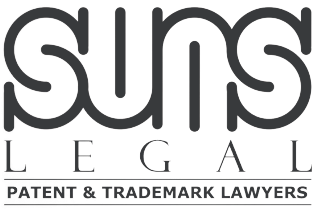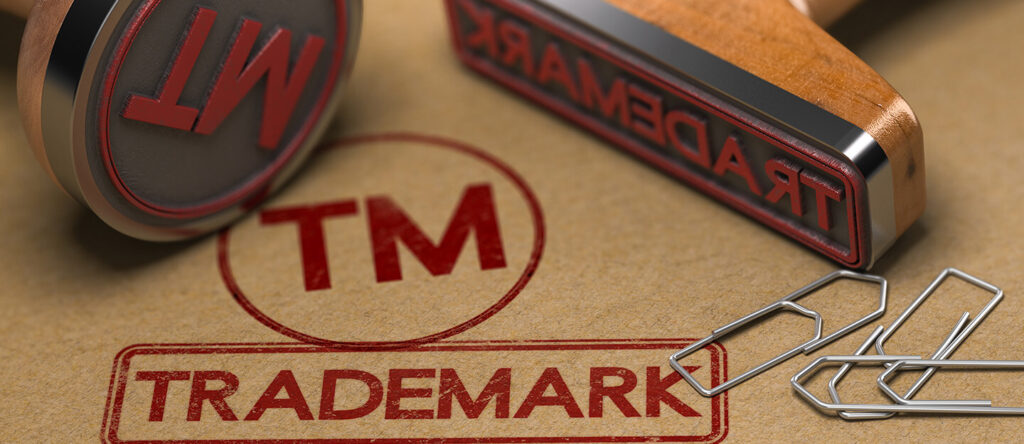For more intellectual property updates, follow our WHATSAPP CHANNEL and SUNS LEGAL | LinkedIn
Written by Nasreen Serji, student at Government Law College, Thrissur
Can relief be sought for infringement against a registered trademark? This question was discussed in Abros Sports International Pvt. Ltd. v. Ashish Bansal and Ors., FAO(OS)(COMM) 140/2024 & CM APPL. 38801/2024, where the Division Bench of the Delhi High Court examined whether remedies are available when one registered trademark allegedly infringes upon another. The case highlights potential gaps in the Trade Marks Act, 1999 and discusses the enforceability of rights between registered proprietors, the scope of available relief, and the interpretation of relevant statutory provisions.
FACTS
The appellants, ABROS Sports International Pvt. Ltd. (ASIPL), were incorporated in 2020 and registered their domain name the same year. However, the ABROS device mark has been officially recorded since 2017. The trademark “ABROS” has been registered under multiple classes since 2017, primarily covering footwear and soles, including Classes 25, 35, and 28.
The respondents are the registered proprietors of the “NEBROS” trademark, which was filed on a “proposed-to-be-used” basis in 2019. Respondent 2 manufactures footwear for Respondent 1 under the NEBROS mark. Aggrieved by the registration of NEBROS, the appellants filed a suit seeking an injunction for trademark infringement.
CONTENTIONS
Before the Learned Single Judge, the respondents argued that the mark “NEBROS” was coined from the words “Nice” and “BROS,” and was not a copy of “ABROS.” They contended that the two marks were phonetically dissimilar and differed significantly in appearance and overall presentation. The respondents also pointed out that the invoices submitted by ASIPL showed usage only from 2021, which was after the NEBROS mark had been applied for. On this basis, they argued that the plaintiffs could not claim prior use. Additionally, they contented that “BROS” was a common term and not subject to exclusive rights.
In response, the plaintiffs submitted that their domain name containing “ABROS” had been registered in 2020 and that their products had been sold under the mark since 2021. They maintained that the ABROS trademark had been registered since 2017, predating the respondents’ application. The plaintiffs argued that the registration of NEBROS was erroneously granted and was prima facie invalid due to its deceptive similarity to ABROS. They contended that such similarity was likely to cause consumer confusion and create a false impression of an association between the two marks.
SINGLE JUDGE’S OBSERVATION
In the present case, although ABROS had registered its trademark in 2017, it failed to produce sufficient evidence in court to substantiate continuous use of the mark. The evidence indicated that ABROS had only been used in relation to shoes since 2021—one year after NEBROS demonstrated use beginning in 2020. However, the plaintiffs did prove that the ABROS mark had been used on shoe soles since 2017.
The Court observed that ASIPL was not entitled to an injunction, as NEBROS had established prior use from 2020, whereas ABROS could only demonstrate use for shoes from 2021. The plaintiffs’ evidence pertained primarily to soles, not complete footwear. Additionally, they had not opposed the registration of the NEBROS mark at the appropriate stage.
The Judge further noted that there was no phonetic similarity between the two marks, and the common suffix “BROS” was insufficient to establish a likelihood of consumer confusion. The Court relied on the principles laid down in Pianotist Co.’s Application [(1906) 23 RPC 774], which emphasized that all surrounding circumstances must be considered—such as the appearance, sound, nature of goods, target customers, and the context in which the marks are used. Accordingly, the Court declined to grant an injunction in favour of the appellants.
DIVISION BENCH DECISION
The Division Bench analysed Section 29 of the Trademarks Act, which defines trademark infringement. Under this provision, infringement occurs when a person who is not the registered proprietor uses a mark that is identical or deceptively similar to a registered trademark. However, the Court observed that finding infringement against the proprietor of a registered trademark would contradict the legislative intent of the Act.
The Court then examined Section 30(2), which provides exceptions to infringement. It clarifies that where two identical or similar trademarks are registered, the use of one does not constitute infringement of the other. This served as a key defence for the respondents, affirming their right to use their registered trademark, NEBROS. The Court emphasized that the remedies under the Act are intended to address infringement by unregistered users, not against registered proprietors. Consequently, it held that a registered trademark cannot itself be infringing, and granting an injunction against NEBROS would unjustly compromise the statutory rights of the respondents.
However, the precedent set in Raj Kumar Prasad & Anr. v. Abbott Healthcare (P) Ltd., 2014 SCC OnLine Del 7708, established that an injunction could be granted against a registered proprietor under Section 124 of the Act. Section 124 allows for a stay of infringement proceedings when the validity of the defendant’s trademark registration is challenged, enabling rectification proceedings before the Registrar. The Division Bench in Raj Kumar Prasad held that infringement proceedings against a registered trademark may proceed if the plaintiff challenges the validity of the defendant’s registration. Under this interpretation, the Court is required to stay the suit to allow rectification proceedings, but it retains the discretion to issue interlocutory orders, including interim injunctions, during the pendency of those proceedings.
In contrast, the Court in the present case disagreed with the Raj Kumar Prasad reasoning. It held that Section 124 does not explicitly authorize a suit for injunction against the use of a registered trademark. Instead, it maintained that no infringement suit can lie against a registered mark, and the appropriate remedy lies in rectification proceedings. The Court concluded that merely pleading invalidity in the plaint does not entitle the plaintiff to seek an injunction against a registered trademark
Accordingly, the Division Bench dismissed ABROS’s appeal and upheld the Single Judge’s refusal to grant an injunction against NEBROS. It held that no suit for infringement can lie against a registered proprietor merely on the basis of a claim of deceptive similarity. It emphasized that rectification proceedings before the Registrar are the appropriate remedy in such cases, and interlocutory relief cannot be granted unless the statutory procedure is followed.
The Division Bench referred the matter to a larger bench to address fundamental and significant legal questions arising in the case. The key issues identified for determination were as follows:
- Whether a suit for trademark infringement can be instituted against the registered proprietor of a trademark?
- If such a suit is maintainable, does the Court have the authority to grant an interlocutory injunction restraining the use of the allegedly infringing registered trademark?
- Can an injunction be granted without adhering to specific procedural requirements—such as invoking a defence under Section 30(2)(e), pleading invalidity of the defendant’s registration, the Court’s prima facie determination of invalidity, initiation of rectification proceedings, and the consequent stay of trial under Section 124?
- Alternatively, is it permissible for the Court to issue an injunction solely on the basis of a prima facie claim of invalidity, without following the procedural steps outlined above?
- Does the decision in Raj Kumar Prasad v. Abbott Healthcare (P) Ltd. correctly interpret the legal position under the Trade Marks Act, 1999?
CONCLUSION:
The Division Bench of the Delhi High Court held that an infringement suit cannot be maintained against the registered proprietor of a trademark solely by alleging invalidity. It disagreed with the earlier ruling in Raj Kumar Prasad v. Abbott Healthcare, which had allowed such suits under certain conditions. Given the conflicting judgments on this issue, the matter was referred to a larger bench for clarity on the interpretation of Sections 29, 30, and 124 of the Trade Marks Act. The outcome is expected to settle the legal position on whether and how one registered trademark can be challenged by another in court.

